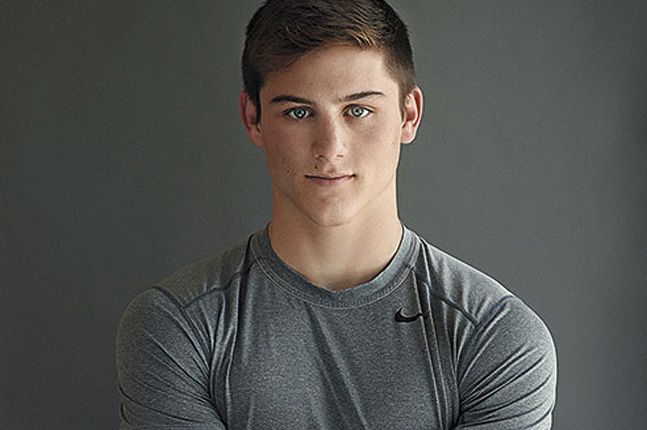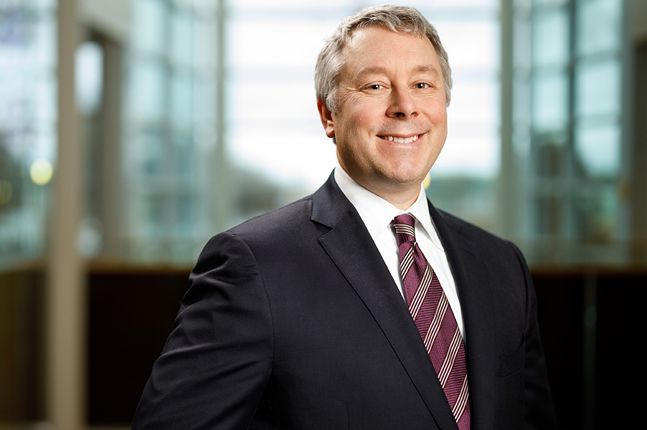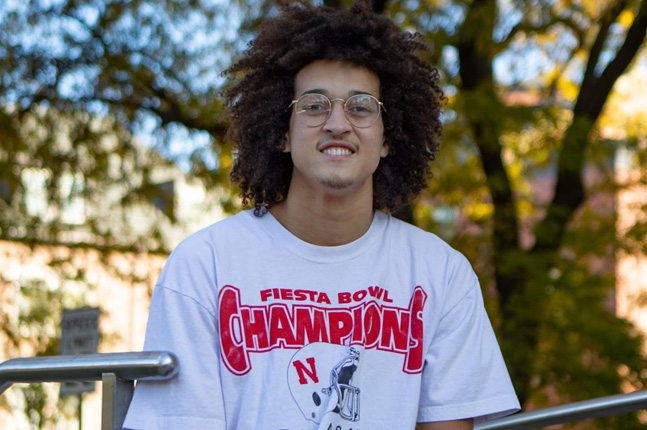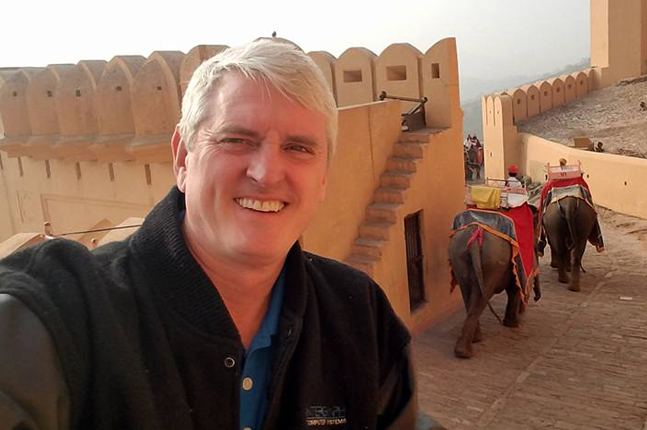By Courtney Gehring of The Daily Barometer
Blair Fettig started bone marrow registry after brother’s life saved with transplant
Sophomore Blair Fettig created a movement to help save the lives of those with blood cancer.
Be The Match, an organization operated by the National Marrow Donor Program has managed the largest and most diverse bone marrow registry in the world. Here at Oregon State University, Fettig started a campus chapter of Be The Match.
Fettig and local motivated colleagues fundraise so people can register to donate, free of cost. He hosts registries on campus for Be The Match. The Be The Match registry links those who have blood cancer or other related life-threatening diseases with donor matches who can provide them with a cure.
“You are directly saving a life; if you are chosen by this you are literally saving someone’s life,” said Fettig, president of Be The Match OSU chapter. “It is a small chance you will be chosen to donate in the first place, but if you do get chosen, you should be honored for the opportunity to save someone — you will forever have that and it will change you.”
Those who register have a chance to be chosen as matches and either donate bone marrow or stem cells, depending on the case.
Donating bone marrow is a one-day process with a one-week recovery, and donating stem cells is a two-day process and one-week recovery.
“When people get called and they say you are a match, this person needs you, and if you don’t do it that person will probably not survive,” Fettig said. “Once you get to that point, you take some small part of your life, and save someone else’s life.”
OSU senior Sean McFadden, who signed up during a registry last year, was one of those chosen. He donated to a 56-year-old man Wednesday in Portland.
The Be The Match chapter at OSU all started last year when Fettig’s older brother, Matt, was diagnosed with a severe case of Acute Lymphoblastic Leukemia.
With the help of his fraternity brothers, a fundraising movement to help support the medical bills that accumulated as the Fettig family pursued treatment for Matt Fettig’s illness, Fight for Matt was created.
The hype generated around the movement to help Matt Fettig in his quest to fight cancer caught the attention of the Be The Match organization.
“Be The Match was the organization our family went through to get Matt his bone marrow transplant that saved his life,” Fettig said.
Matt Fettig is now in remission and attending his senior year at Oregon State.
A bone marrow drive was conducted at the Phi Delta Theta Fraternity last year. More than 100 individuals came forward to register to become a match. Out of the 103 registers, 11 people were eligible matches.
“Those 11 out of 103 chosen — it was the most in the country,” Blair Fettig said. “The University of Georgia came in second with four matches out of the 5,000 who registered.”
Due to the success rate seen on the OSU campus, Be The Match encouraged Blair Fettig to start a chapter here.
“The OSU drives from November 2012 have already yielded one life-saving matched donor who has gone on to donate to a patient,” said Magda Silva, senior account executive at Be The Match. “This is always exciting to see such a quick donor match.”
Blair Fettig changed the fundraising movement that was originally created for his brother to Fight for ALL, a nationally recognized event team for Be The Match OSU.
The team hosts events to fundraise for the OSU chapter.
Blair Fettig has spent the entire term establishing the chapter on campus and gaining support to host another bone marrow registry on campus winter term 2014.
“The reason we want to make so much money is because it is $100 per person to register for the bone marrow,” Fettig said. “When we do registries throughout the year, we don’t want anyone to pay any money, so we are raising money to pay for it. We just want people to come.”
It takes 10 minutes to fill out a form and to swab a cheek.





